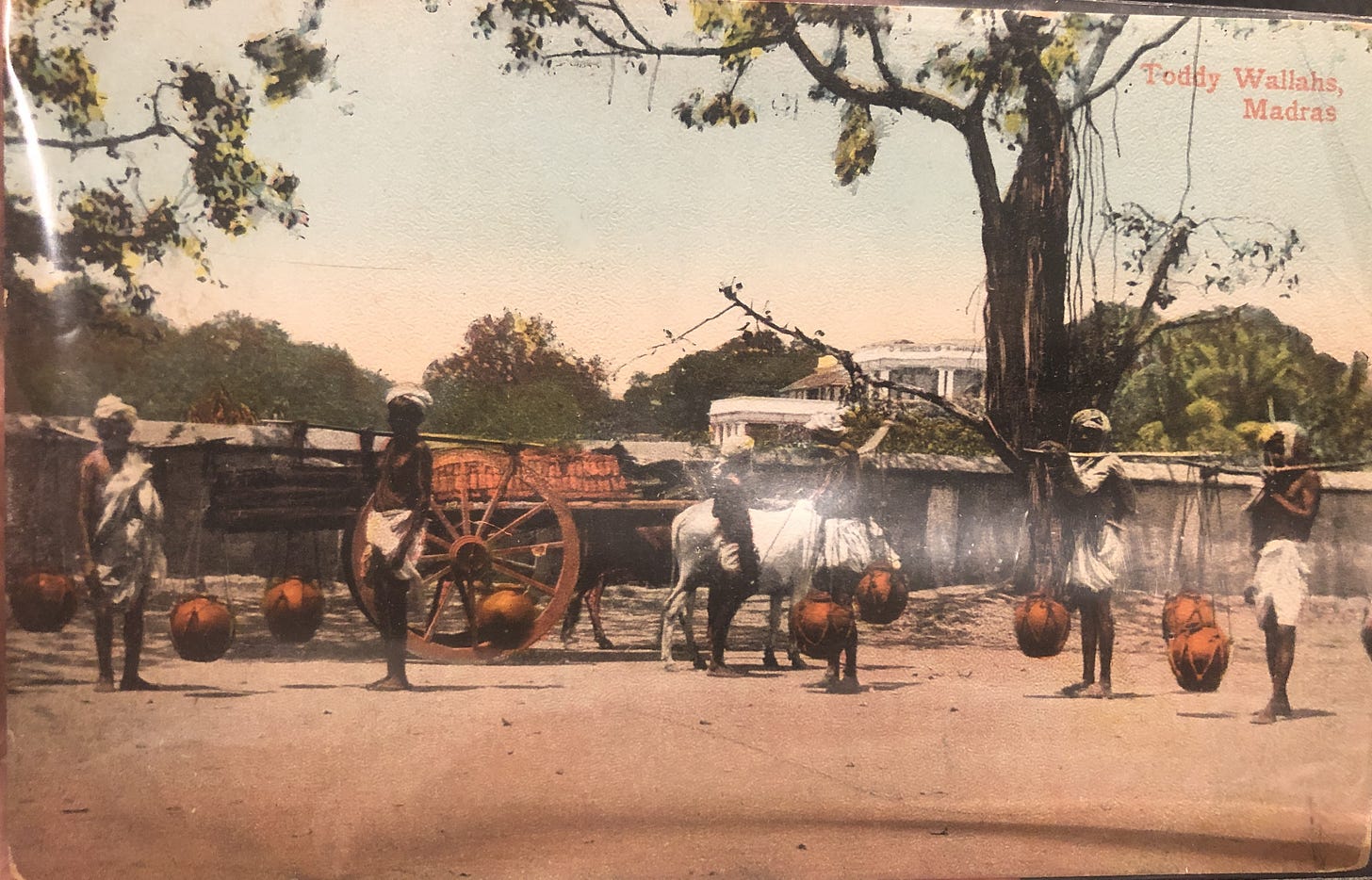Infophilia, a positive psychology of information | July 12, 2025 - Vol. 3, Issue 40
✨Welcome to Infophilia, a weekly letter exploring how our love of information and connections can help us all thrive, individually and collectively.
Cite as:
Coleman, A. S. (2025). Iconic truth: Tamil ways of knowing and journalism styles. Infophilia, a positive psychology of information, 3 (40).
Updates:
Freedom of intelligence, democratized: the new intellectual freedom (May 24, 2025). As of yesterday, July 11, 2025, the final AI Action Plan that was called for in early 2025 (and due in June) has not yet been released. The plan is scheduled to be unveiled soon. July 23 is the expected release date, spotlighting the release, possibly designating 07/23 as "AI Action Day," and reaffirming the commitment to AI industry expansion.
Iconic Truth
Tamil Ways of Knowing and Journalism Styles
Abstract
This essay explores the interplay between rhetorical performance, journalism styles, and cultural conceptions of truth through a comparative lens that connects classical Tamil literary traditions with contemporary political discourse. Anchored in a critical reading of The Technological Republic by Palantir Technologies CEO Alex Karp and Nicholas Zamiska, I examine how their evocative, analogical rhetoric, particularly the invocation of sociological theories like Goffman’s “total institutions” functions more as iconic performance than factual analysis. Then, drawing on David Shulman’s work on Tamil expressive culture, especially the idea that truth (mey, unmai) is deeply aesthetic and performative, I discuss how Karp’s rhetorical style mirrors this "iconic truth" paradigm. I expand the discussion to various journalism traditions: protest and liberation journalism from the Upper Cloth Revolt more than 200 years ago in Tamil country, India and the advocacy-driven “world-old dream of human brotherhood” of The Crisis: A Record of the Darker Races from the NAACP to modern gonzo journalism, and partisan explanatory journalism, mapping how different cultures and political conditions produce different truth styles. Ultimately, I am using the Tamil concept of truth as a lens to question dominant Western ideals of objectivity, demonstrating how form, feeling, and function shape public understanding in a fractured and chaotic information landscape.
I’m finally reading The Technological Republic: Hard Power, Soft Belief, and the Future of the West by Alex C. Karp (Co-founder and CEO, Palantir) and Nicholas W. Zamiska (Head of Corporate Affairs and Legal Counsel in the office of the CEO at Palantir). As of July 11, GoodReads has 1812 ratings and 279 reviews and Amazon shows 672 global ratings (4.2/5). Released in February, the book reached #1 on the NY Times bestseller list in March, although it has since dropped off the list. The Amazon AI-generated summary begins, somewhat grandly: “Customers find the book compelling and well-researched, with one noting it's required reading for civic-minded humans.”
Hmm. The book is certainly compelling and well-researched, particularly in terms of its extensive interdisciplinary source engagement. I will also agree that it’s an important read for the civic minded. However, critical thinking is needed for thoughtfully engaging with the arguments presented. Here’s an example.




